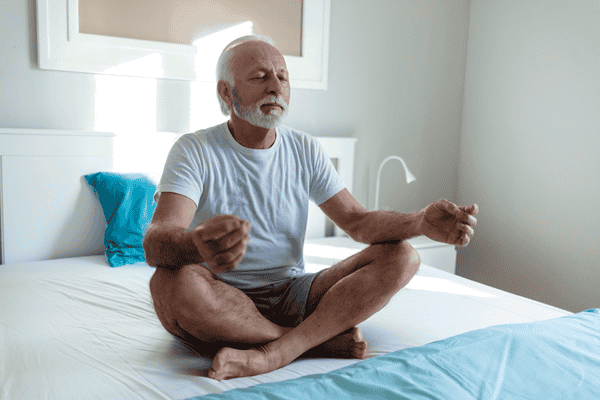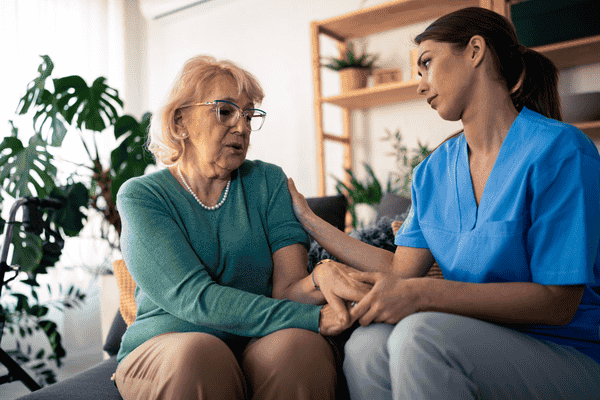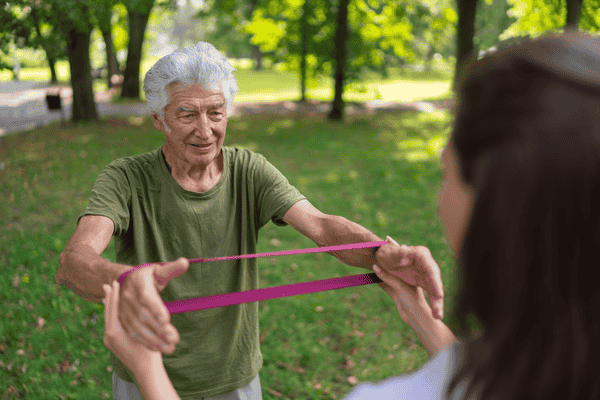Do you ever wonder how depression in Seniors can silently cast shadows over the lives of older adults, impacting their mental well-being in profound ways? Picture this: an elderly person sitting alone in a quiet room, reminiscing about the past, feeling disconnected from the world around them. It’s a scenario that resonates with many individuals as they age, facing the daunting reality of social isolation and its detrimental effects on their mental health.
In our upcoming blog, we delve into the heart of this issue, exploring the challenges faced by older adults grappling with loneliness and depression. We will shed light on practical strategies and resources designed to empower them in overcoming these emotional hurdles and finding solace in community connections. From recognizing the signs of elderly depression to discovering the joy of new activities like joining a book club or engaging in physical health routines, we aim to provide a beacon of hope amid the shadows of isolation.
Join us on this journey of empathy and discovery as we navigate the intricate landscape of aging with grace and resilience, offering insights that can make a positive impact on the mental well-being of our beloved seniors.
Depression in Seniors: A Serious Health Concern
Depression in Seniors can have a profound impact on their overall health and well-being. As individuals age, they may experience a decrease in social connections due to various factors such as retirement, loss of friends or loved ones, and physical limitations. Unfortunately, these circumstances can contribute to feelings of loneliness and isolation, which can have detrimental effects on mental health.
Research has shown that prolonged loneliness in older adults is associated with an increased risk of developing depression, anxiety, cognitive decline, and even physical health problems like cardiovascular disease. The negative consequences of loneliness highlight the importance of addressing this issue and finding ways to overcome it.
Practical Strategies to Combat Loneliness
If you or someone you know is experiencing loneliness, there are practical strategies to help combat this feeling. One effective method is to actively seek out social connections. This can include joining community groups, participating in social activities, or even reaching out to old friends or family members. Engaging in hobbies or pursuing new interests, such as joining a book club or learning a new skill, can also provide opportunities for social interaction.
Additionally, utilizing technology can help bridge geographical distances and facilitate connections. Phone or video calls, social media platforms, or even online communities can provide a sense of companionship and support. It’s crucial to remember that social isolation doesn’t have to be a permanent state, and there are resources available to help combat loneliness.
Prioritizing Mental Well-Being
By taking proactive steps to maintain social connections and engage in meaningful activities, older adults can overcome feelings of loneliness and improve their overall mental well-being. It’s essential to prioritize social interactions and address any feelings of isolation promptly. Remember, while it may sometimes feel challenging to overcome loneliness, there are ways to create meaningful connections and build a support system.














I’m impressed, I must say. Rarely do I encounter a blog that’s equally
educative and interesting, and let me tell you, you have hit
thhe nail on the head. The problem is something too few men and women are speaking intelligently about.
Now i’m very happy I fouynd this during my search for something concerning
this. https://www.Waste-Ndc.pro/community/profile/tressa79906983/